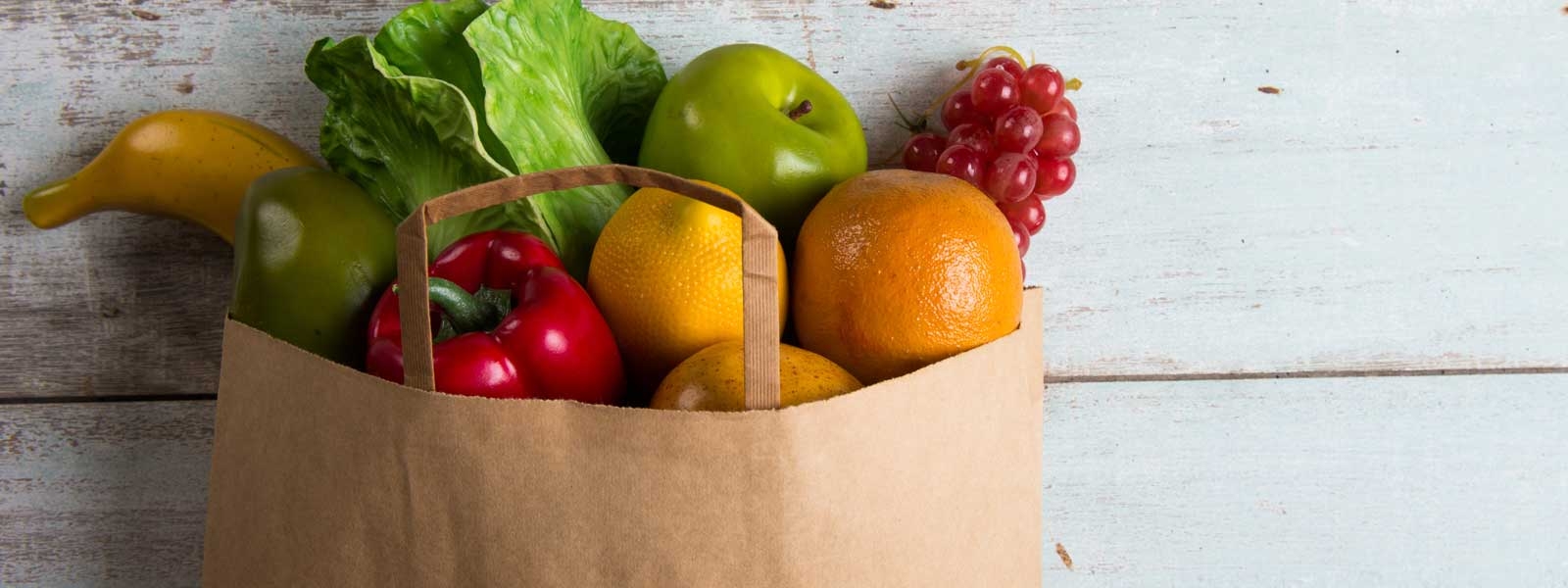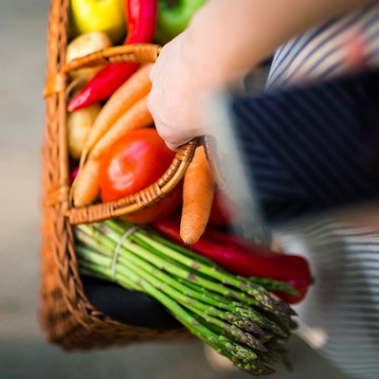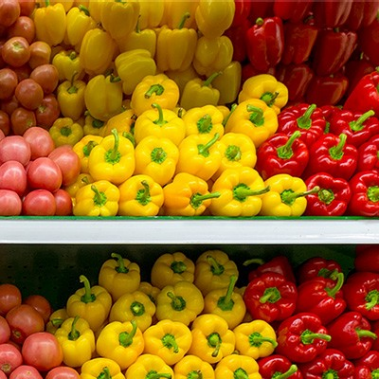But Amazon’s purchase of Whole Foods Market in August 2017 signaled that the leading online retailer sees a significant future for itself in food – and that this can best be done in combination with physical stores. So, it could be the start of a new era of omnichannel food retail with an evolving role for the store.
Making online food profitable is hard, and much of the challenge is related to technology, an area where food retail incumbents tend to struggle. One condition for success is a shopping interface that is more compelling and more convenient than shopping from supermarket shelves – and that gets over shoppers’ natural desire to see, smell, and touch fresh food before they buy it. One way to make an online interface attractive would be for it to help customers make their weekly meal plan.
Another requisite is an extremely efficient system to pick items from a warehouse to fulfill customer orders: Now, supermarkets “outsource” this task free of charge to their customers, who take items from store shelves themselves. Omnichannel retailers will need to design warehouses specially to fulfill orders efficiently.
Making online food profitable is hard, and much of the challenge is related to technology, an area where food retail incumbents tend to struggle
Thirdly, an omnichannel grocer will need to deliver fresh food quickly and cheaply. This implies a fleet of delivery vehicles that can maintain food at the right temperature and deposit grocery baskets even when a customer is not at home. Supermarkets’ traditional means of delivery is far cheaper: getting customers to take purchases home themselves. Solutions will depend on individual markets – their population density and how open people are to buying food online.
However, incumbents tend to struggle with the types of innovation required for omnichannel, so grocers have started to analyze which tasks they can excel at and to find partners for the rest. Target bought grocery startup Shipt for $550 million in December. Instacart has forged partnerships with grocery stores including Albertsons Cos. and Costco Wholesale Corp. British online grocer Ocado in May received a $250 million investment from Kroger Co, which wants to help develop robotically operated warehouses.
Partnerships will eventually fragment the value chain that runs from product to customer and trigger an era of specialization. This, we believe, will be the major disruption coming in retail, and its impact will go beyond food. Success throughout retail will imply the right decisions over where to maintain strategic control and where to delegate a task to a partner. We think there will be six main business models that can prosper in the new world of retail: magnetic ecosystem, fulfillment specialist, choice intermediary, product leader, customer experience specialist, and key location player. Each is based on a particular dimension of strategic control. Most retailers will likely combine elements of more than one model.









